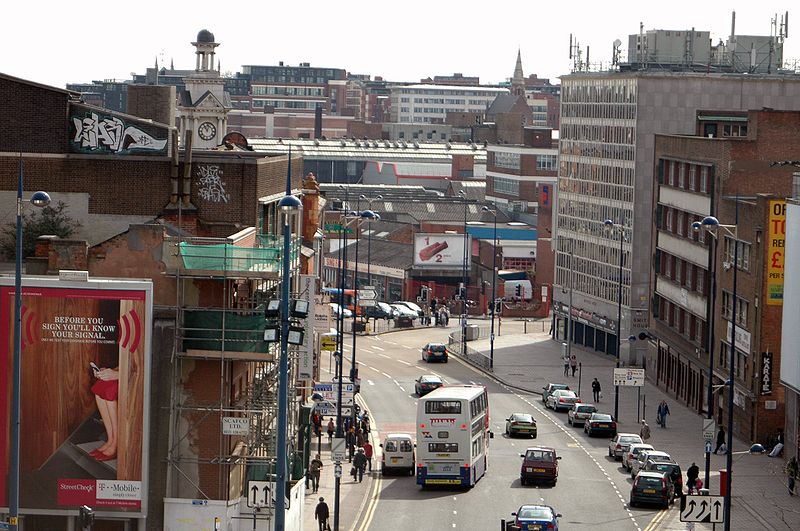Government Grants
Business Grants
Home Owner Programs
Federal Programs
About Us
OJJDP FY 2022 Juvenile Drug Treatment Court Program
OJP is committed to advancing work that promotes civil rights and racial equity, increases access to justice, supports crime victims and individuals impacted by the justice system, strengthens community safety and protects the public from crime and evolving threats, and builds trust between law enforcement
and the community.
OJJDP envisions a nation where our children are free from crime and violence.
If they come into contact with the justice system, the contact should be rare, fair, and beneficial to them.
The Juvenile Drug Treatment Court (JDTC) Program seeks to build the capacity of states, state and local courts, units of local government, and federally recognized tribal governments to implement new and innovative approaches to enhance existing juvenile drug treatment courts and improve outcomes for youth with substance use or co-occurring mental health disorders, including histories of trauma.
When describing substance use, the Diagnostic and Statistical Manual of Mental Disorders, Fifth Edition, uses the term "substance use disorder" for the clinical and functional assessment of an individual’s recurrent use of alcohol and/or drugs that causes significant impairment, such as health problems; disabilities; or failure to meet work, school, or home responsibilities.
For more information, see https://www.samhsa.gov/disorders/substance-use.
OJJDP envisions a nation where our children are free from crime and violence.
If they come into contact with the justice system, the contact should be rare, fair, and beneficial to them.
The Juvenile Drug Treatment Court (JDTC) Program seeks to build the capacity of states, state and local courts, units of local government, and federally recognized tribal governments to implement new and innovative approaches to enhance existing juvenile drug treatment courts and improve outcomes for youth with substance use or co-occurring mental health disorders, including histories of trauma.
When describing substance use, the Diagnostic and Statistical Manual of Mental Disorders, Fifth Edition, uses the term "substance use disorder" for the clinical and functional assessment of an individual’s recurrent use of alcohol and/or drugs that causes significant impairment, such as health problems; disabilities; or failure to meet work, school, or home responsibilities.
For more information, see https://www.samhsa.gov/disorders/substance-use.
Agency: Department of Justice
Office: Office of Juvenile Justice Delinquency Prevention
Estimated Funding: $7,450,000
Office: Office of Juvenile Justice Delinquency Prevention
Estimated Funding: $7,450,000
Obtain Full Opportunity Text:
Full Announcement
Additional Information of Eligibility:
Eligible applicants who propose to provide direct services must not include the provision of services to any person who is older than age 18.
This solicitation has two grant categories.
Information regarding the specific eligibility requirements for each category can be found below.
Applicants must clearly designate the category for which they are applying.
Category 1: Juvenile Drug Treatment Court Statewide Program Juvenile Drug Treatment Court Statewide grants are available to State Administrative Offices of the Court to enhance fully operational (for at least 1 year) juvenile drug treatment courts by implementing evidence-based practices from the Juvenile Drug Treatment Court Guidelines across the state.
Category 2: Juvenile Drug Treatment Court Enhancement Program Juvenile Drug Treatment Court Enhancement grants are available to jurisdictions to enhance fully operational (for at least 1 year) juvenile drug treatment courts by implementing evidence-based practices from the Juvenile Drug Treatment Court Guidelines.
For purposes of this solicitation, "state" means any state of the United States, the District of Columbia, the Commonwealth of Puerto Rico, the U. S. Virgin Islands, Guam, American Samoa, and the Commonwealth of the Northern Mariana Islands.
All recipients and subrecipients (including any for-profit organization) must forgo any profit or management fee.
Full Opportunity Web Address:
https://ojjdp.ojp.gov/funding/fy2022/O-OJJDP-2022-171254
Contact:
Agency Email Description:
Agency Email:
Date Posted:
2022-04-08
Application Due Date:
Archive Date:
2023-12-31
Social Entrepreneurship
Spotlight
Digbeth: The New Social Enterprise Quarter

Digbeth in Birmingham, England has been appointed as the new social enterprise quarter. Social enterprises are sprouting up in the area, comprising of 57 of these businesses flanked between High Gate and Hurst Street.
